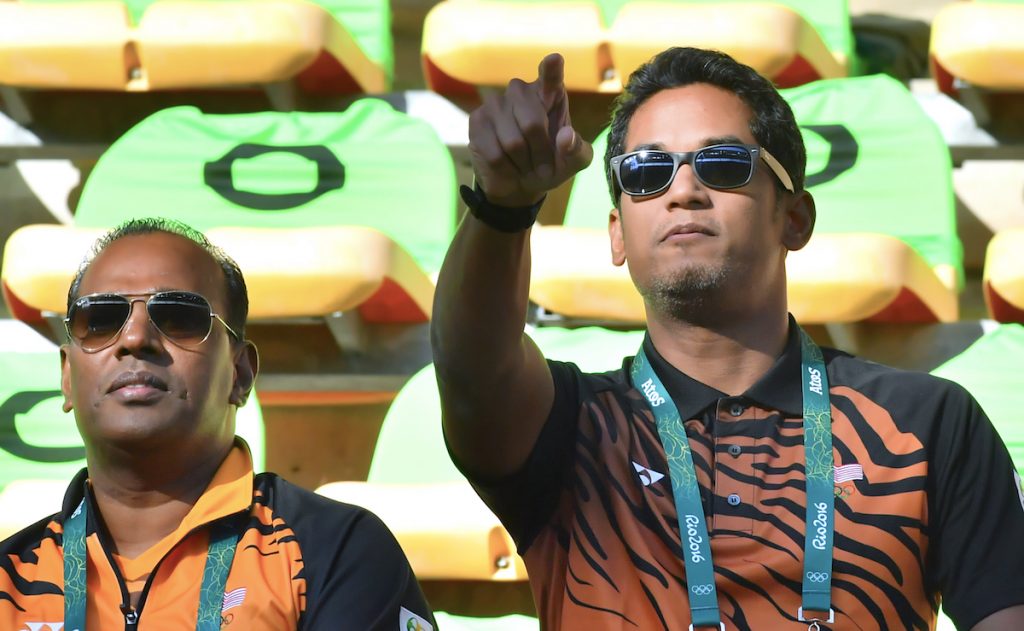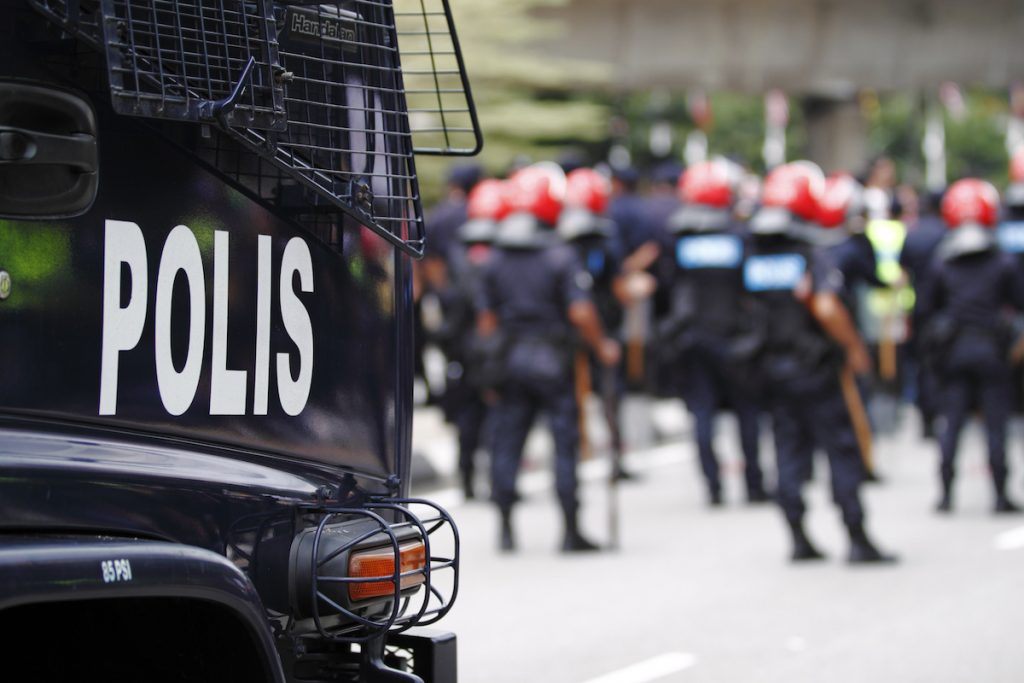Over a four-month period starting in November 2016, four people in Malaysia vanished without a trace.
It began with the disappearance of husband and wife Joshua and Ruth Hilmi, Muslim converts to Christianity, and ended with the much-publicised abduction of Pastor Raymond Koh, bundled into the back of a black SUV on a suburban street in Petaling Jaya.
The disappearances have caused widespread public disquiet — not least that of Koh, whose kidnapping was captured on CCTV — in a nation that already possessed a deep sense of mistrust for the authorities and the police especially.
Malaysia has always had a sketchy record when it comes to human rights. Internationally, it champions the cause of the Rohingya in Myanmar, but domestic policies on a wide range of issues — from refugees to entrenched racism, to child marriage — are at best lacking, at worst medieval.
Similarly, the authoritarian government at the time, after 60 years or so in power and accustomed as it was to acting as it wished without fear of repercussions, was not given to transparency.
So, until recently, the Malaysian Human Rights Commission — or Suruhanjaya Hak Asasi Manusia (Suhakam) — was seen as a minor irritation to those in the corridors of power.
Yet, it started to make a lot of noise about the disappearances, initially demanding the government investigate.
Malaysia does have a formal public inquiry mechanism: The Royal Commission of Inquiry (RCI). However, it is rarely employed, giving rise to the belief among critics that an RCI is only initiated when it will not embarrass the government or the Malay elites.
So, not waiting for an RCI that would likely never materialise, Suhakam upset the apple cart in 2017 when it announced it would hold independent public inquiries into the fate of Amri Che Mat, Koh and the Hilmis.
A bold move, especially given that it had the police in its crosshairs.
Amri — a human rights activist who devoted much of his time to championing the cause of the Orang Asli — disappeared on Nov. 24, 2016. His car, windows smashed, was later found abandoned in a disused construction site near the northern town of Kangar.
Witnesses would later testify to a group of men pursuing Amre, at one point in a group of cars trying to box him in while on the road.
On Feb. 13, Koh — whom the government accused of proselytising Muslims, highly illegal in Malaysia, and whom had received death threats — was forcibly run off the road by a clutch of black SUVs, where a group of men dragged him from his vehicle and bundled him into the back of one of their vehicles.
The incident was captured on two independent CCTV cameras nearby and he was never seen or heard from again.
The details of Joshua and Ruth’s disappearance are far less clear, because they were not reported missing until three months after their last contact with the person who reported them so.
Even though this report was made after those for Amre and Koh, it is likely they were the first to vanish.
Joshua was a Malay Christian missionary who had converted from Islam and was known to convert other Malays.
He and his wife apparently got in their car in a hurry late at night in November 2016. They were known to drop off the radar for a while when they believed they were being threatened, but they are yet to re-materialise.

A witness at the inquiry claimed Joshua had received threats from current minister of Science, Technology and Innovation Khairy Jamaluddin, who was Youth and Sports minister at the time.
Khairy has vigorously denied the accusation, but has not yet given formal evidence at the inquiry.
At the time the inquiries began, the country was reeling from the 1Malaysia Development Berhad (1MDB) scandal.
Then-prime minister Najib Razak was cracking down on dissent, stifling the national press, and trying to keep a lid on his alleged looting the sovereign wealth fund for billions of dollars.
His pit bull, then-inspector-general of police Khalid Abu Bhakar, patrolled social media, publicly ordering opposition MPs and critics alike to report for questioning on suspicion of fracturing any one of many draconian laws in place to keep the population in check.
Aside from the disappearances, lawyer Kevin Morais was murdered in 2015. He worked in the state prosecutor’s office and had been tasked with investigating 1MDB.
His car was found dumped in an oil palm plantation in Perak, but his body was discovered stuffed into a concrete filled oil drum in Subang Jaya, roughly 200km away.
Nevertheless, Suhakam pressed on with parallel inquiries into Koh and Amre first, with the Hilmis to follow, while the public began to draw their own parallels between the disappearances and Morais’ murder, and rumour and supposition went viral on social media.
The police agreed to co-operate with the inquiries, despite being the obvious target but likely safe in the knowledge that they were not legally binding, and, at the time, the government would have only paid them lip service.
However, on May 10, 2018, Malaysia elected a new government which, in opposition, had espoused transparency and a return to the rule of law, and had thrown its full support behind Suhakam.

The police were on the back foot, even with a new chief promising widescale reform and an end to corruption.
In April last year, Suhakam published its first two reports, pointing the finger directly at Special Branch — the shadowy arm of the police tasked with national security and counter-terror operations.
Yet, this unit had developed notoriety for operating outside the law, brought to the fore by the 2006 murder of Shaariibuugiin Altantuyaa, an acquaintance of a Najib confidante, in another scandal linked to the former prime minister.
Two Special Branch officers were sentenced to death for her killing, one of whom later claimed he was acting under orders from Najib.
Having concluded its investigations into the disappearances of Amre and Koh, Suhakam has opened up the third inquiry into the Hilmis disappearance, which is still hearing evidence.
However, in another twist of fate, the government has once again changed hands, and it seems that glimmer of hope friends and relatives of the disappeared will flicker out and die.
Malaysia’s new, more conservative government carries many familiar faces of the once authoritarian administration that had previously clamped down on freedoms people had begun to enjoy.
It is expected that the Cabinet will kill the Independent Police Complaints of Misconduct Commission (IPCMC) bill the short-lived reformist government had tried to push through Parliament, a bill that would have provided civilian oversight of otherwise murky police operations.
Thus, with the death knell of the IPCMC, the fate of Malaysia’s disappeared will likely never be known.
Gareth Corsi is a freelance journalist based in Malaysia. The views and opinions expressed in this article are those of the author and do not necessarily reflect the official editorial position of LiCAS.news.








